Watch this entire presentation: Gender Diversity in the Who-niverse: Paving the Way for a Lady Doctor with Dr. Rosanne Welch [Video] (36:58)
For her 5th Doctor Who lecture to the CPP community, Dr. Rosanne Welch discusses how society – and the show’s writing staff – prepared the audience for a major change in this 50-year franchise – the creation of the first Lady Doctor!
Transcript:
So the silliest stereotype — the silliest gender stereotype — is that men must be strong and women must be sensitive and these are boring and untrue because, in fact, humans must be strong and humans must be sensitive and that’s the truth of it. Right? But we get wrapped up in these stereotypes and I think that that is a waste of time. So we’re going to look at them. I also want to talk about — or stress the idea — that representation does matter. You hear a lot of people saying that right now and what do they mean by that, but if you don’t see yourself in the narrative of the place that you from, you don’t feel that you belong and this is a problem. It’s been a problem through media through literature. We talk a lot about what kind of books that you read as children. Who were your faces in your books? What does it take to get that? And it’s a slow process but we are beginning to see how important it is for children to see themselves in stories.
Follow Dr. Welch on Twitter and Instagram
https://twitter.com/rosannewelch – http://instagram.com/drrosannewelch
Dr. Rosanne Welch
Dr. Rosanne Welch teaches the History of Screenwriting and One-Hour Drama for the Stephens College MFA in Screenwriting.
Writing/producing credits include Beverly Hills 90210, Picket Fences, ABCNEWS: Nightline and Touched by an Angel. In 2016 she published the book Why The Monkees Matter: Teenagers, Television and American Pop; co-edited Women in American History: A Social, Political, and Cultural Encyclopedia; and placed “Transmitting Culture Transnationally Via the Characterization of Parents in Police Procedurals” in the New Review of Film and Television Studies. Essays appear in Torchwood Declassified: Investigating Mainstream Cult Television and Doctor Who and Race: An Anthology. Welch serves as Book Reviews editor for Journal of Screenwriting and on the Editorial Advisory Board for Written By magazine, the magazine of the Writers Guild.
Watch Dr. Welch’s talk “The Importance of Having a Female Voice in the Room” at the 2016 TEDxCPP.
Podcast: Play in new window | Download
Subscribe: RSS
![03 Stereotypes and How Representation Matters from Gender Diversity in the Who-niverse [Video] (0:56)](https://rosannewelch.com/wp-content/uploads/2018/03/gender-dw-03.jpeg)
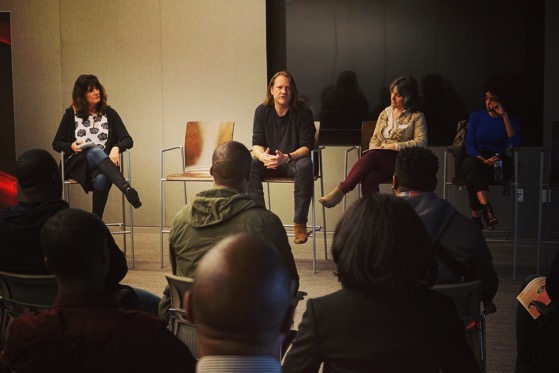
![12 Gidget Television and Films Compared from How Gidget Got Into the Girl Ghetto [Video] (1:07)](https://rosannewelch.com/wp-content/uploads/2018/03/gidget-srn-12-tv-films.jpeg)


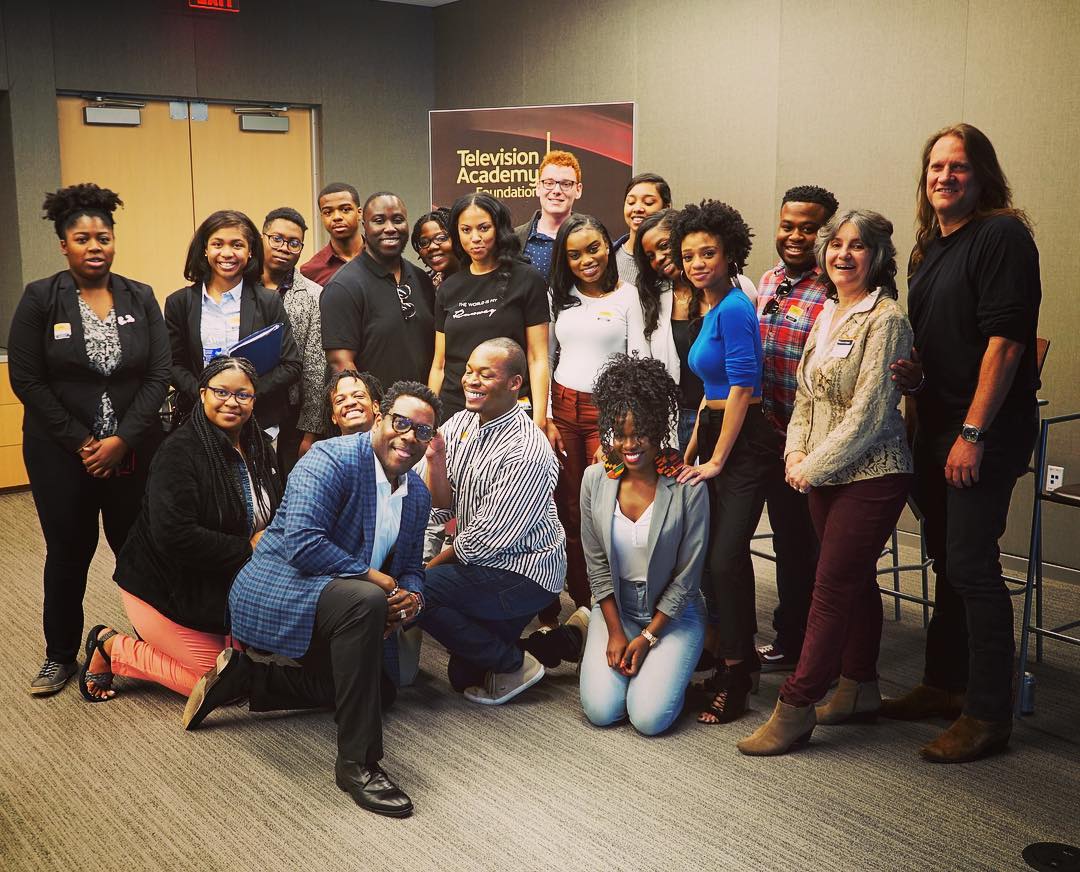

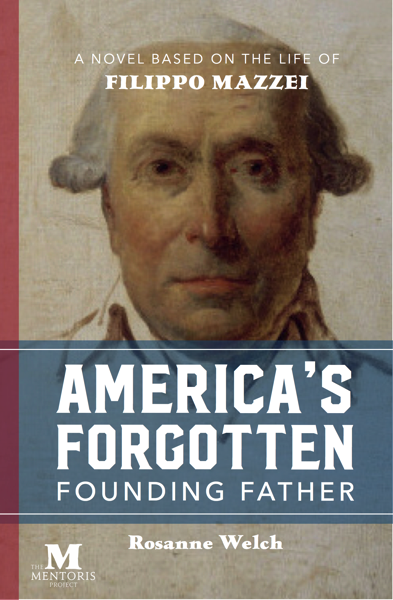

![02 How Did We Get To A Woman As The Doctor? from Gender Diversity in the Who-niverse [Video] (0:47)](https://rosannewelch.com/wp-content/uploads/2018/03/gender-dw-02.jpeg)
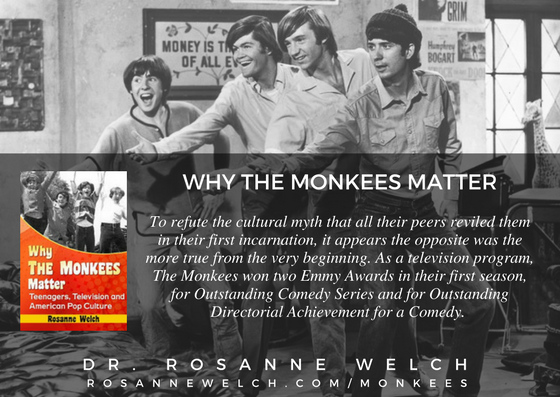

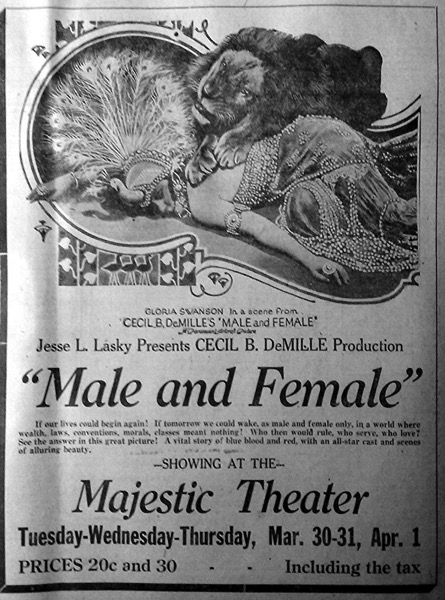



![11 Gidget On Television from How Gidget Got Into the Girl Ghetto [Video] (0:58) – Dr. Rosanne Welch – SRN Conference 2017](https://rosannewelch.com/wp-content/uploads/2018/03/gidget-srn-11-gidget-tv.jpeg)